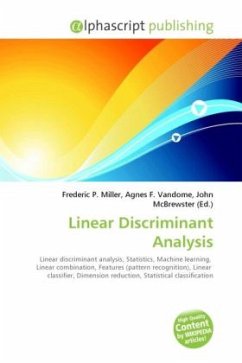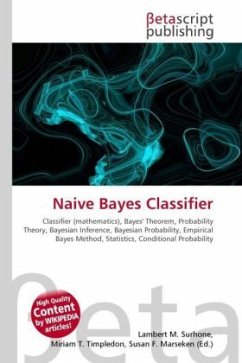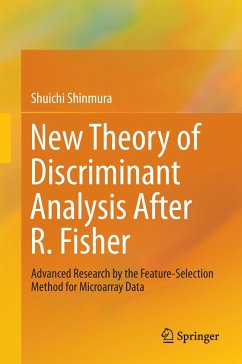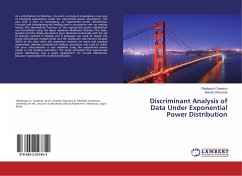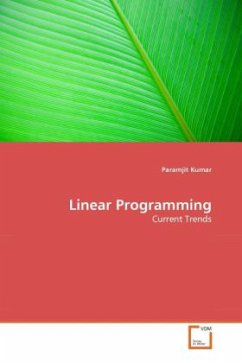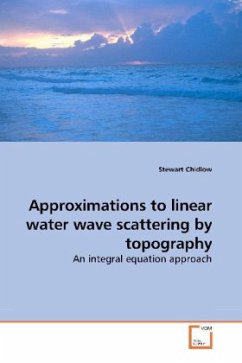
On-line Linear Discriminant Classifier
and its Application to Delayed Labelling
Versandkostenfrei!
Versandfertig in 6-10 Tagen
32,99 €
inkl. MwSt.

PAYBACK Punkte
16 °P sammeln!
We present an on-line Linear Discriminant Classifier for streaming data (O-LDC). This is an adaptation of the Linear Discriminant Classifier, with the class means and the inverse covariance matrix re-calculated after each new data point. The classifier satisfies the properties of an on-line classifier; it learns from a single pass through the data, uses limited memory and processing power, and exhibits any-time learning. We compare the O-LDC with on-line versions of the Perceptron and balanced Winnow classifiers. Comparisons are carried out across a series of static data sets made up of two cl...
We present an on-line Linear Discriminant Classifier for streaming data (O-LDC). This is an adaptation of the Linear Discriminant Classifier, with the class means and the inverse covariance matrix re-calculated after each new data point. The classifier satisfies the properties of an on-line classifier; it learns from a single pass through the data, uses limited memory and processing power, and exhibits any-time learning. We compare the O-LDC with on-line versions of the Perceptron and balanced Winnow classifiers. Comparisons are carried out across a series of static data sets made up of two classes. The O-LDC shows higher accuracy and a better learning rate than its counterparts. As a second task we consider delayed labelling. We propose two strategies. The passive strategy waits for the correct label of a data point before using it to update the classifier. The aggressive strategy, makes use of naïve labelling, using the predicted label of a data point to update the classifier. The strategies are compared across a series of static data sets. The final accuracy of both strategies was comparable, though the passive strategy showed a better learning pattern.



